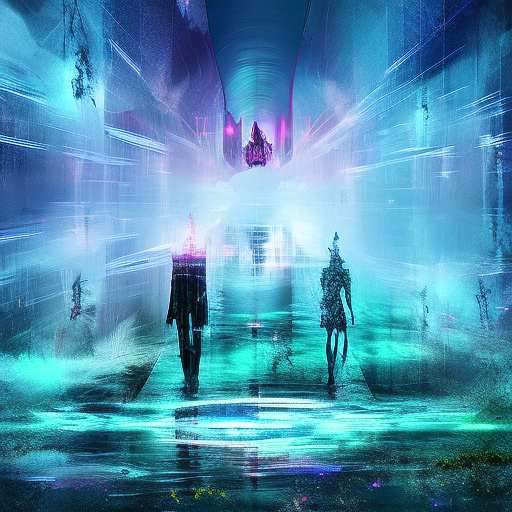Einstein’s Dreams: A Glimpse into the Mind of a Genius
In “Einstein’s Dreams” by Alan Lightman, the reader is taken on a captivating journey through the mind of the renowned physicist, Albert Einstein. Through a series of fictional dreams, the book explores different concepts of time and how they shape our perception of reality. Each dream presents a unique world where time behaves in peculiar ways, challenging our understanding of the universe and the nature of existence itself.
The Dreams: A Tapestry of Time
In this thought-provoking novel, Lightman weaves together a tapestry of dreams, each depicting a different concept of time. From worlds where time flows backwards to ones where it stands still, the dreams offer glimpses into the various ways time can be experienced and understood. In one dream, time is like a river, with people floating downstream, unable to change their course. In another, time is a series of snapshots, frozen moments that can be revisited at will. Each dream presents a unique perspective on time, challenging the reader to question their own assumptions about the nature of reality.
The Human Experience: Time and Existence
Through the exploration of these different time worlds, “Einstein’s Dreams” delves into the profound impact time has on the human experience. The dreams highlight the ways in which our perception of time shapes our understanding of life, love, and mortality. In one dream, time is a commodity that can be bought and sold, leading to a society where the wealthy live forever while the poor age rapidly. In another, time is a source of anxiety, as people are constantly aware of their impending death. These vivid scenarios force the reader to reflect on their own relationship with time and how it influences their choices and priorities.
The Nature of Reality: Time as a Construct
One of the central themes of “Einstein’s Dreams” is the idea that time is not an objective reality, but rather a construct of the human mind. The dreams challenge the notion that time is a universal constant and instead propose that it is a subjective experience influenced by our perception and consciousness. This concept is beautifully captured in a quote from the book: “Time is a construction of human perception, an illusion created by our minds to make sense of the world.”
- Time is not a fixed entity but a malleable concept that varies from person to person.
- Our perception of time shapes our understanding of reality and influences our actions.
- The exploration of different time worlds encourages us to question our assumptions and expand our perspectives.
As the reader delves deeper into the dreams, they are confronted with profound questions about the nature of reality, the passage of time, and the meaning of existence. “Einstein’s Dreams” serves as a reminder that our understanding of the universe is limited by our own perceptions and that there are infinite possibilities waiting to be explored. It challenges us to question the boundaries of our own reality and invites us to imagine a world where time is not a linear progression but a multidimensional tapestry of experiences. In the end, the book leaves us with a sense of wonder and a renewed appreciation for the mysteries of the universe.
“Time is a construction of human perception, an illusion created by our minds to make sense of the world.”












